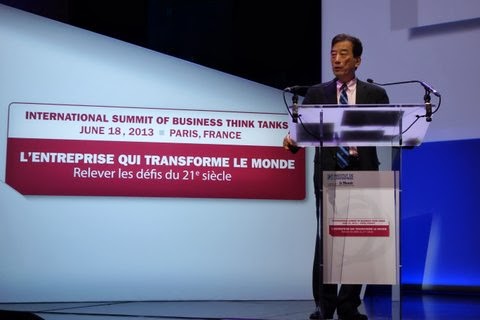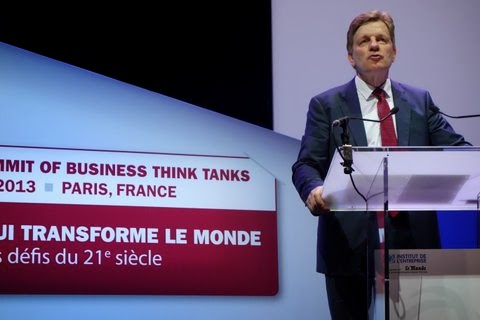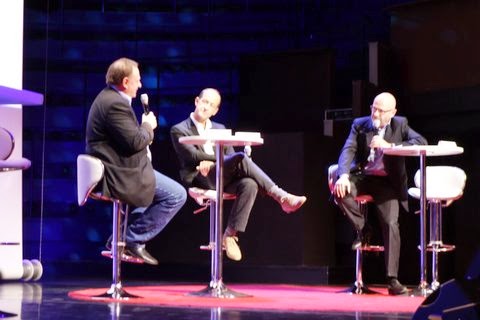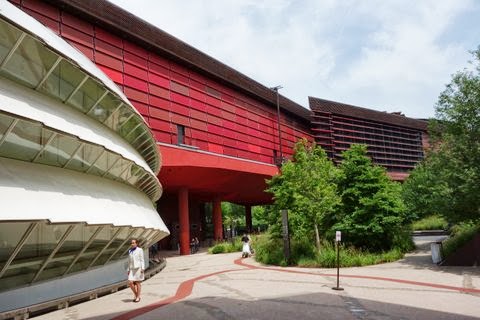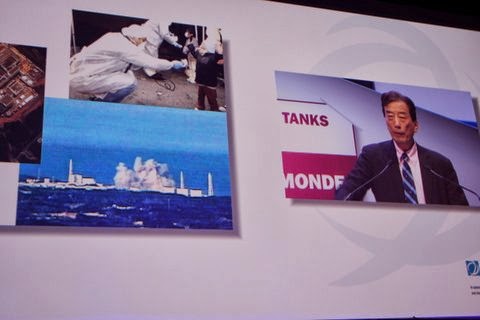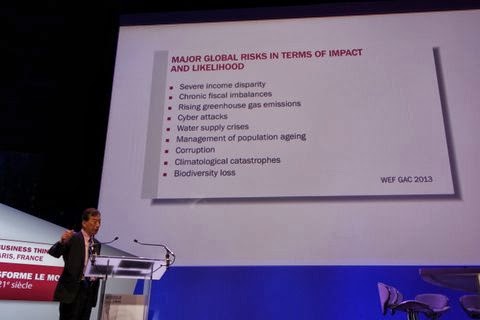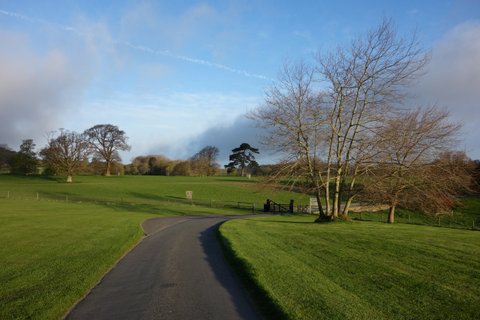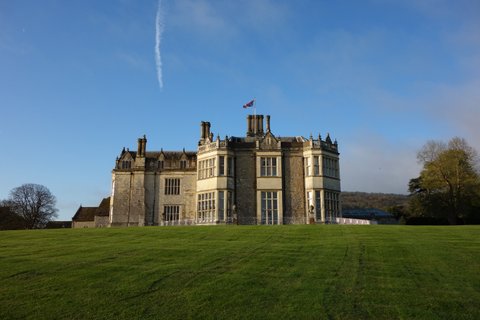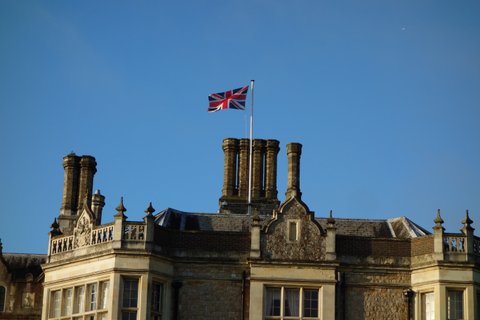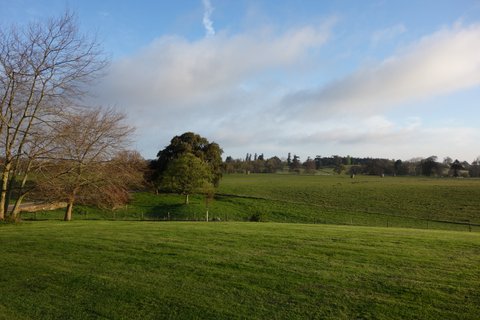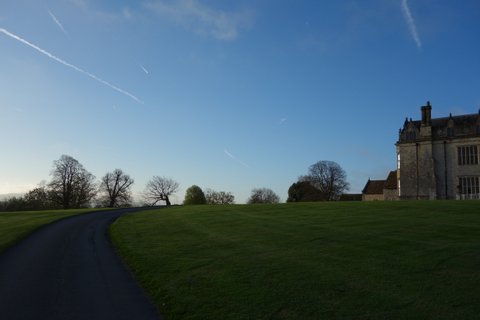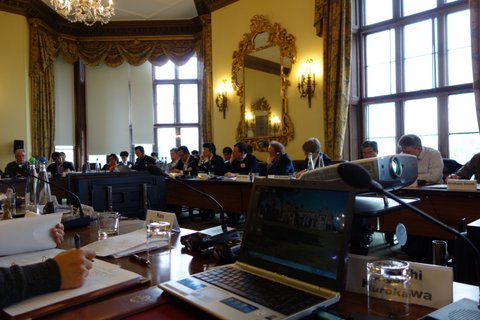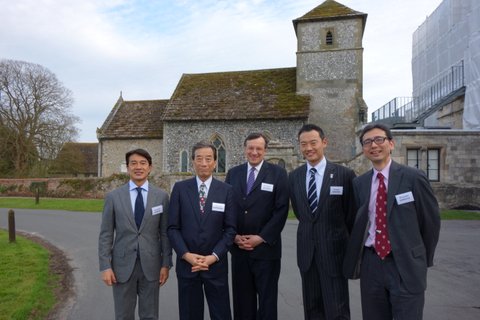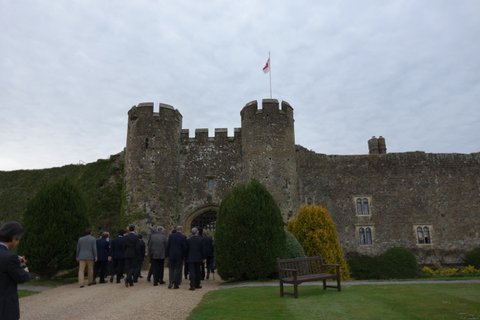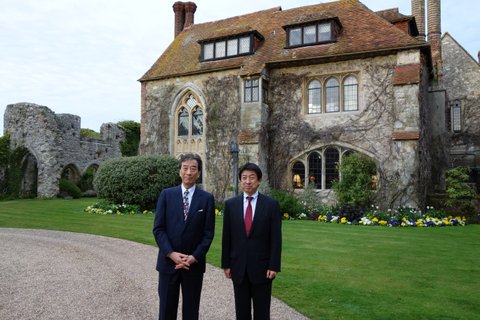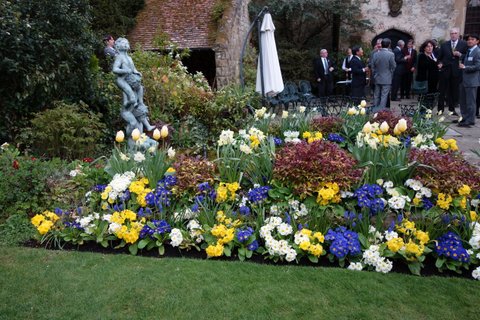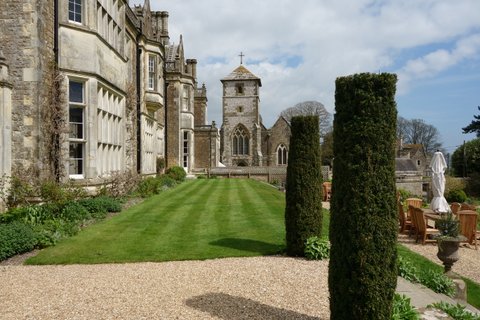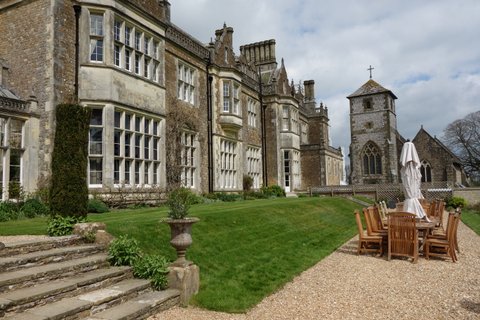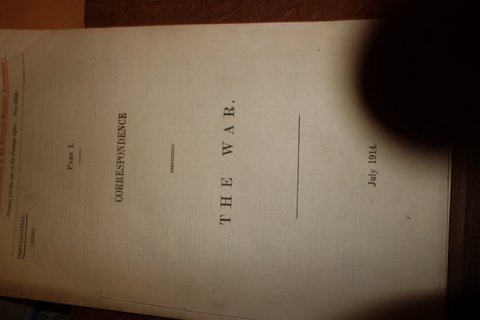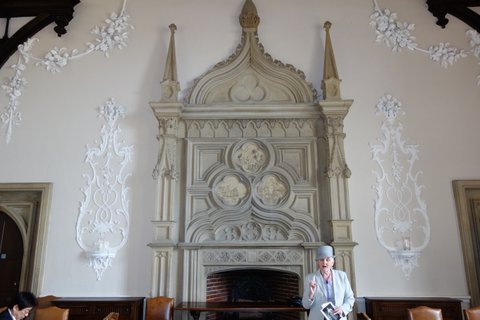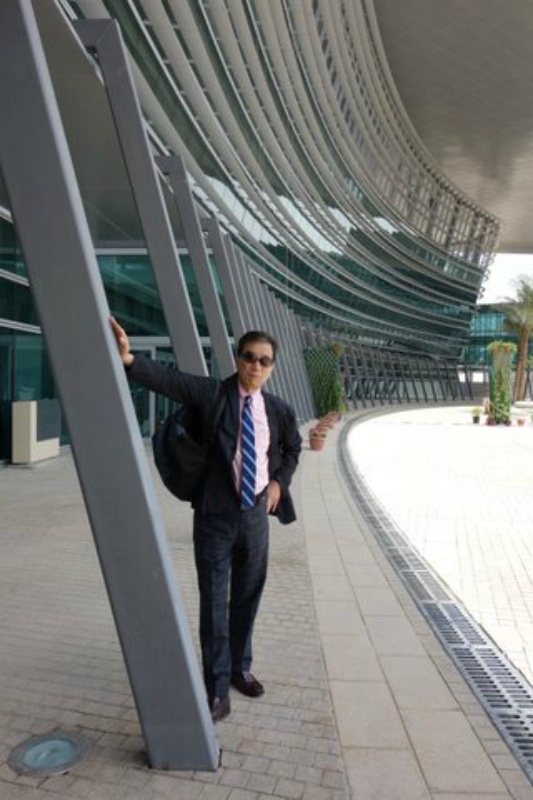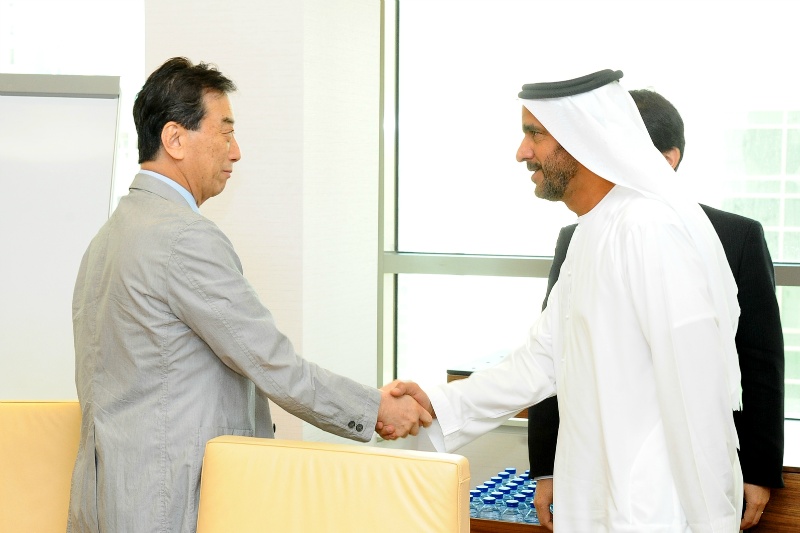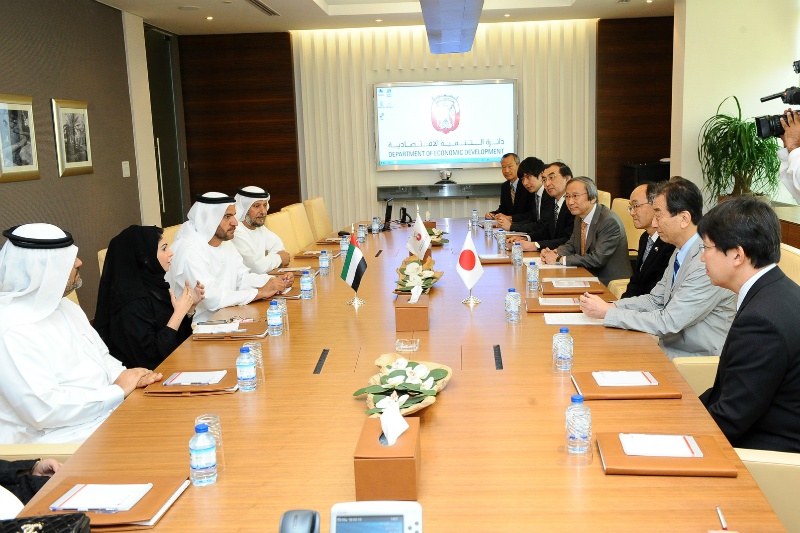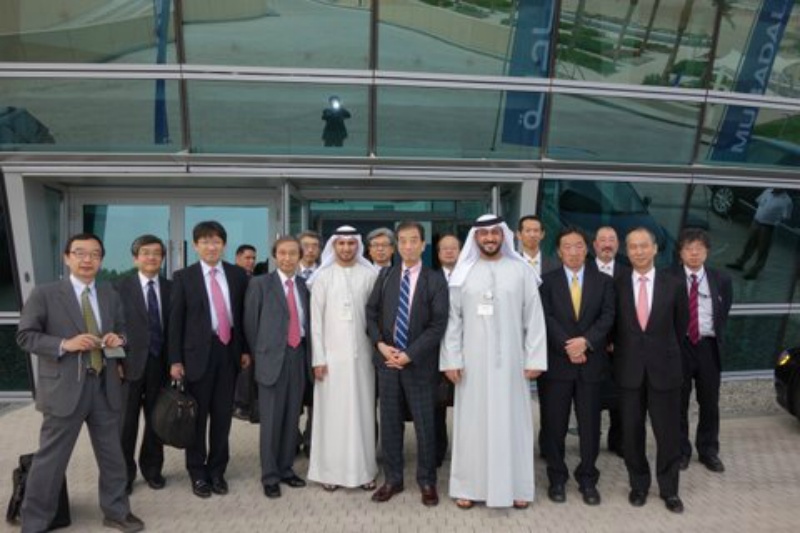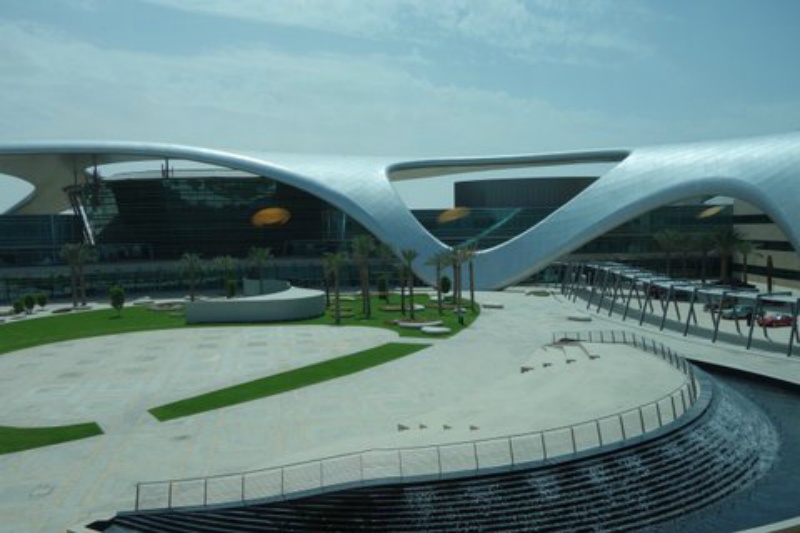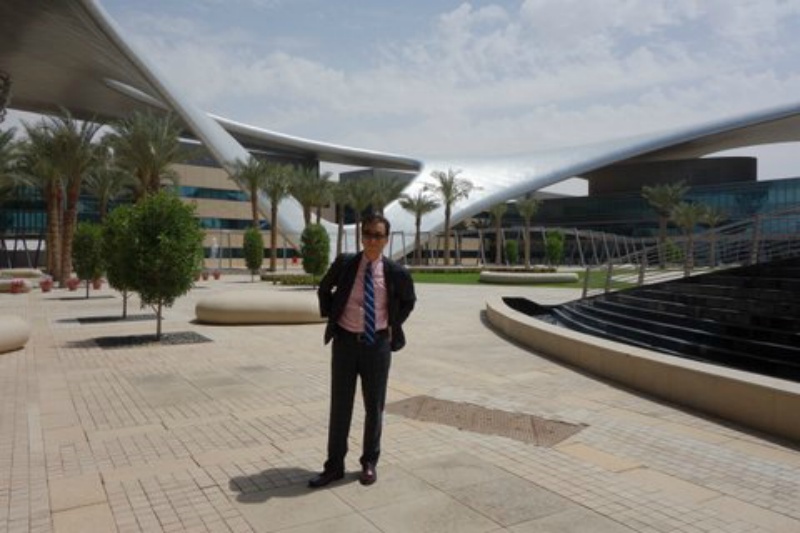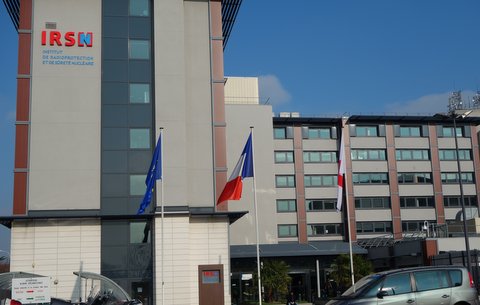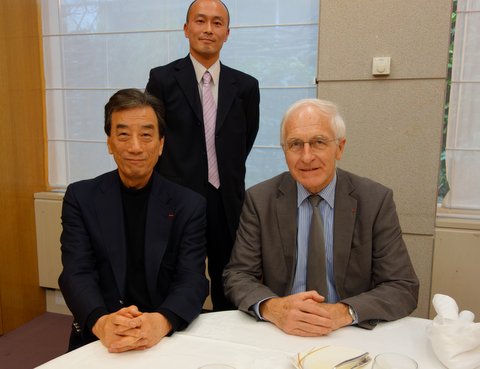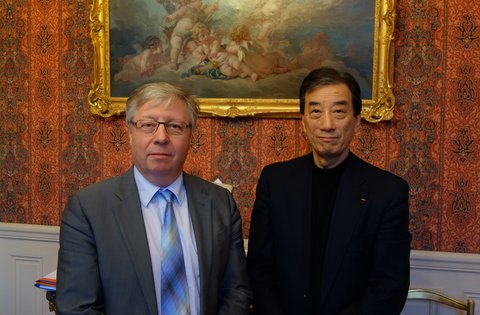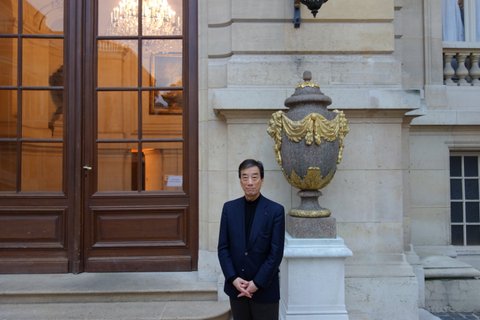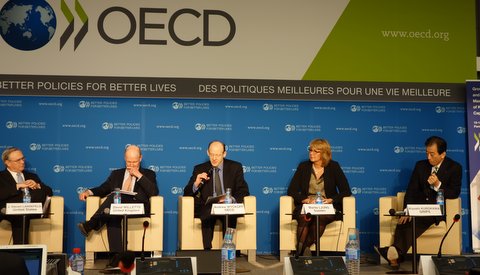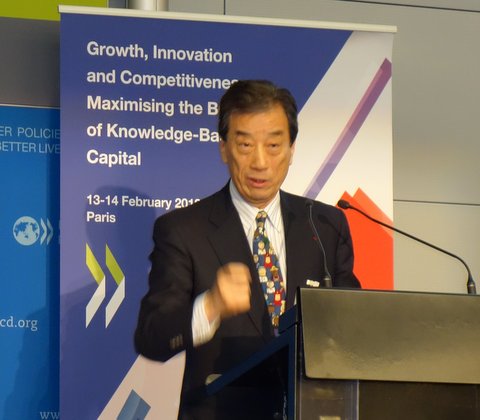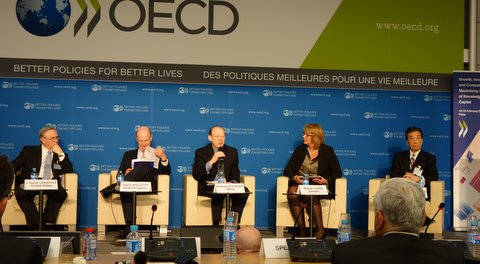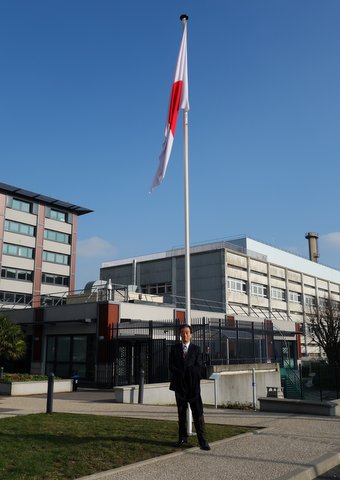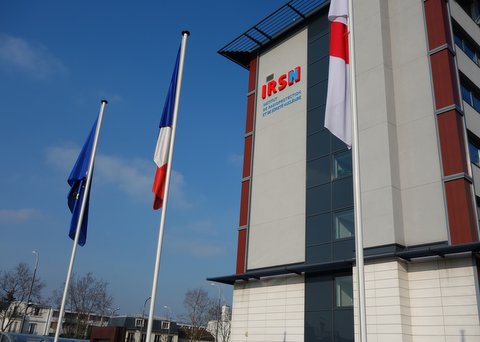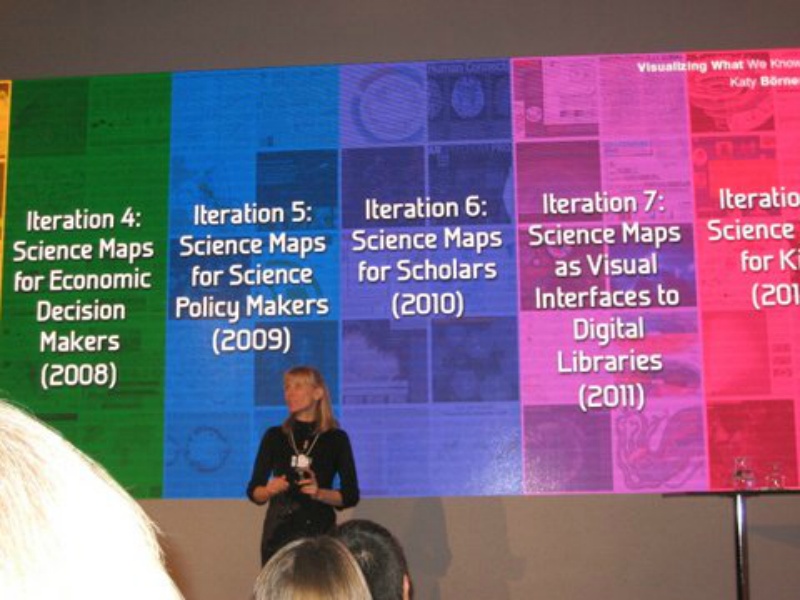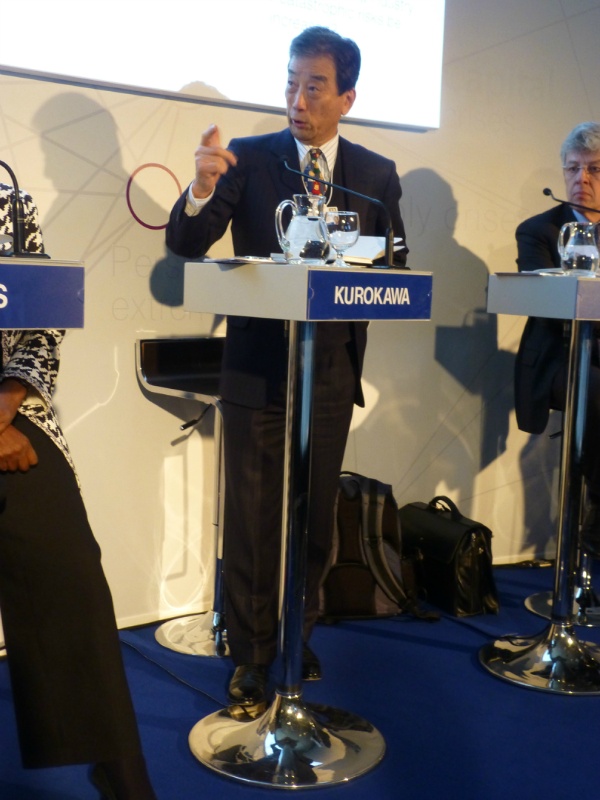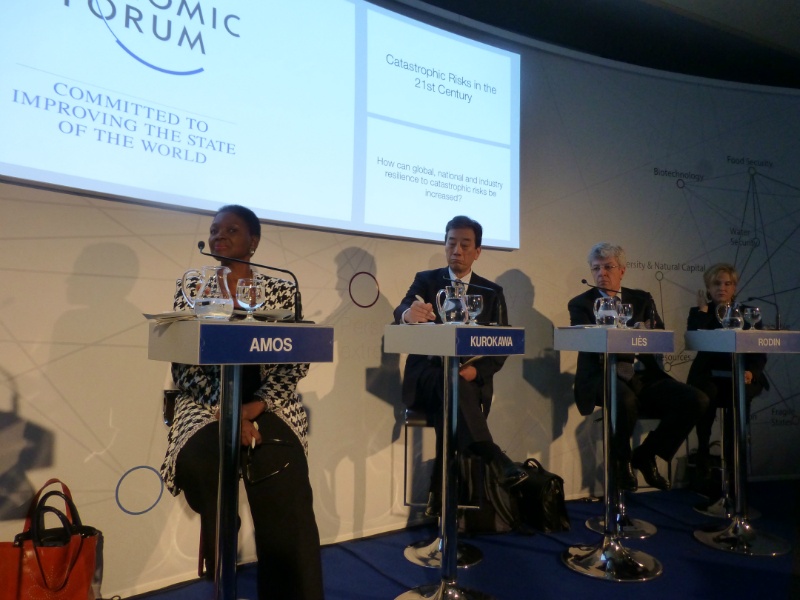On the afternoon of the 17th, I took the Eurostar to Paris Gare du Nord, where I arrived before 4pm. It was humid and hot.
I went immediately to the hotel, changed and went off to the conference arena of the American Chamber of Commerce in France. I attended the speech of Chairman of the Board and CE of GE, Jeff Immelt. The topic of the talk was globalization and big corporations like GE and it reflected ten years of experience of working in this high responsibility position. I offered my greetings and then headed to the Musee d’Orsay. There, I was able to see the Hays Collection on exhibition.
I was invited to Paris to the International Business Think Tank (1), hosted by the Institut de L’Entreprise, beginning with the dinner on the evening of the 17th. There was a speech by the French Minister for the Economy and Finance Pierre Moscoviv, and the penal discussion by former Italian Prime Minister, Mario Monti and Nobel laureate Paul Krugman. They had many differences in opinion but their discussion was very thought provoking and deep in content.
Mr. Krugman had a piece in the International Herald Tribune a few days ago and also a good op-ed in the New York Times, mentioning Abenomics as the G8 Summit is being held in Northern Ireland. I have tweeted on this discussion and also posted some photos (twitters of first twitters of June 18th @kiyoshikurokawa).
Mr. Monti is impressive as he has served as the EU Commissioner and was the Prime Minister of Italy at the time of the financial crisis, leading a cabinet without a single politician. I thought Mr. Monti made a good point when he said, “It is a problem that even at meetings of the EU, the discussions between the heads of state are not based on the viewpoints of politicians, but rather like technocrats, focusing on minor details.”
The meeting on the next day, was held at the Musee de Arts Primitifs Branly, with approximately two to four hundred people in attendance. The format was with keynote speeches and panel discussions. In the morning session, the keynote speech was former Prime Minister of Finland at the time of the end of the Cold War, Esko Aho (1), followed by the Chairman and CEO of Inditex, famous for the clothing brand Zara, Pablo Isla, then myself and Daniel Tammet in the afternoon key note speeches. I enjoyed the conference. You can also follow the organizer’s twitter account.
I also had dinner with high some high officials of an Asian country, who are in Paris to attend the annual Paris Air Show.
The next morning, I left for Washington D.C. from Charles de Gaulle.
